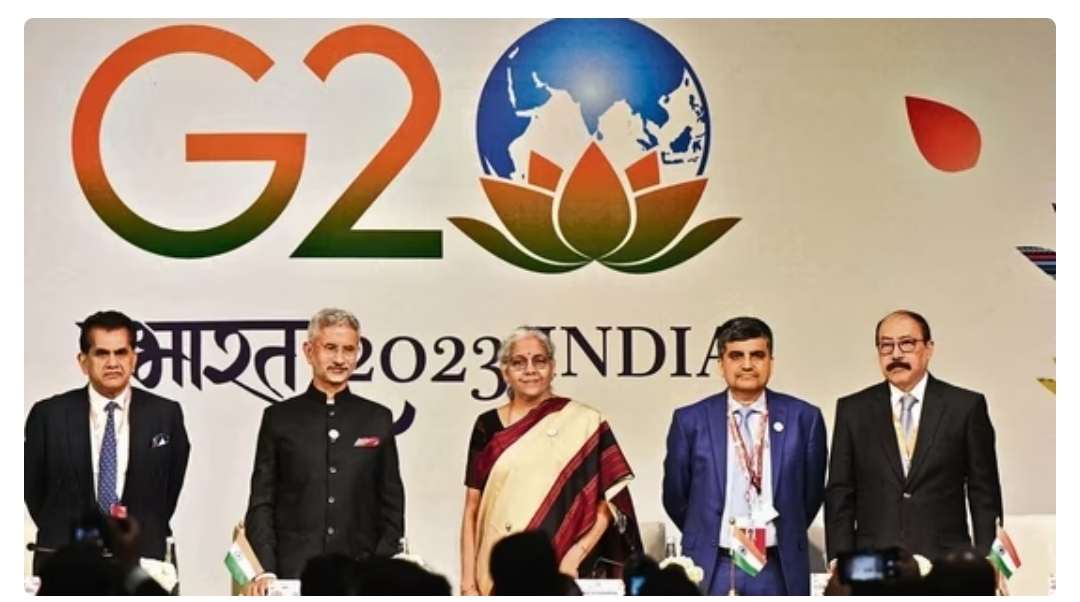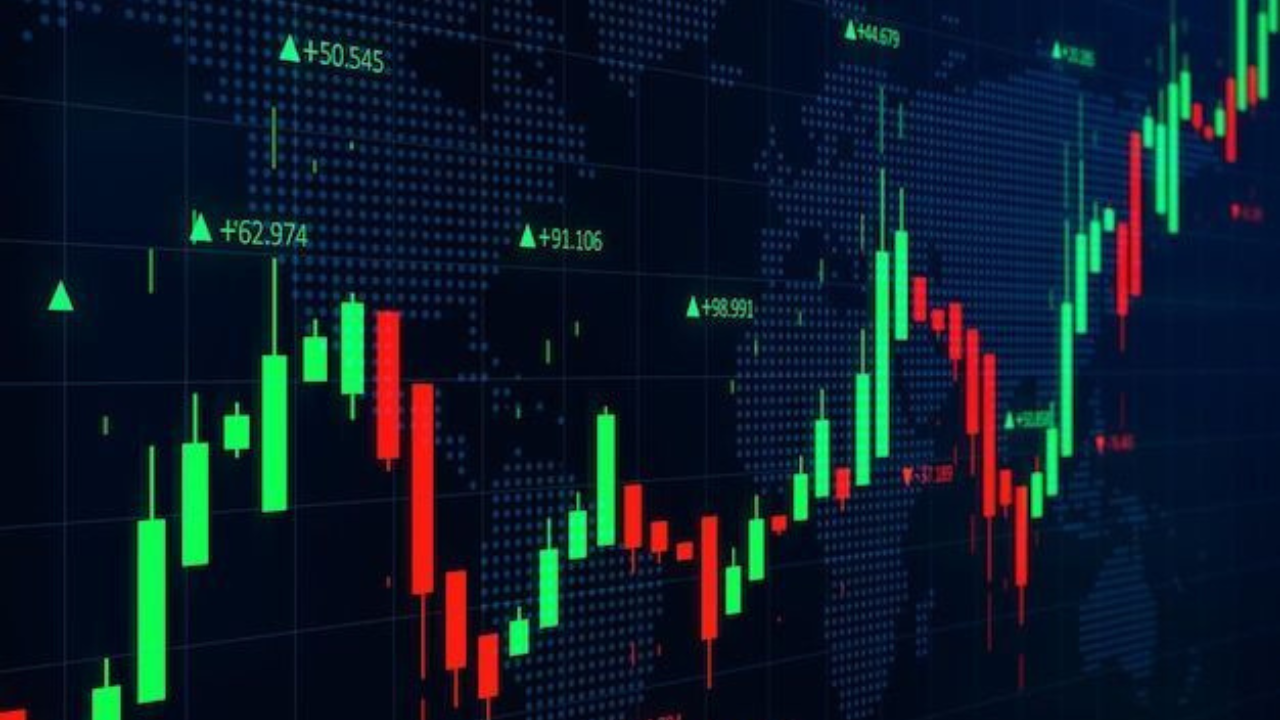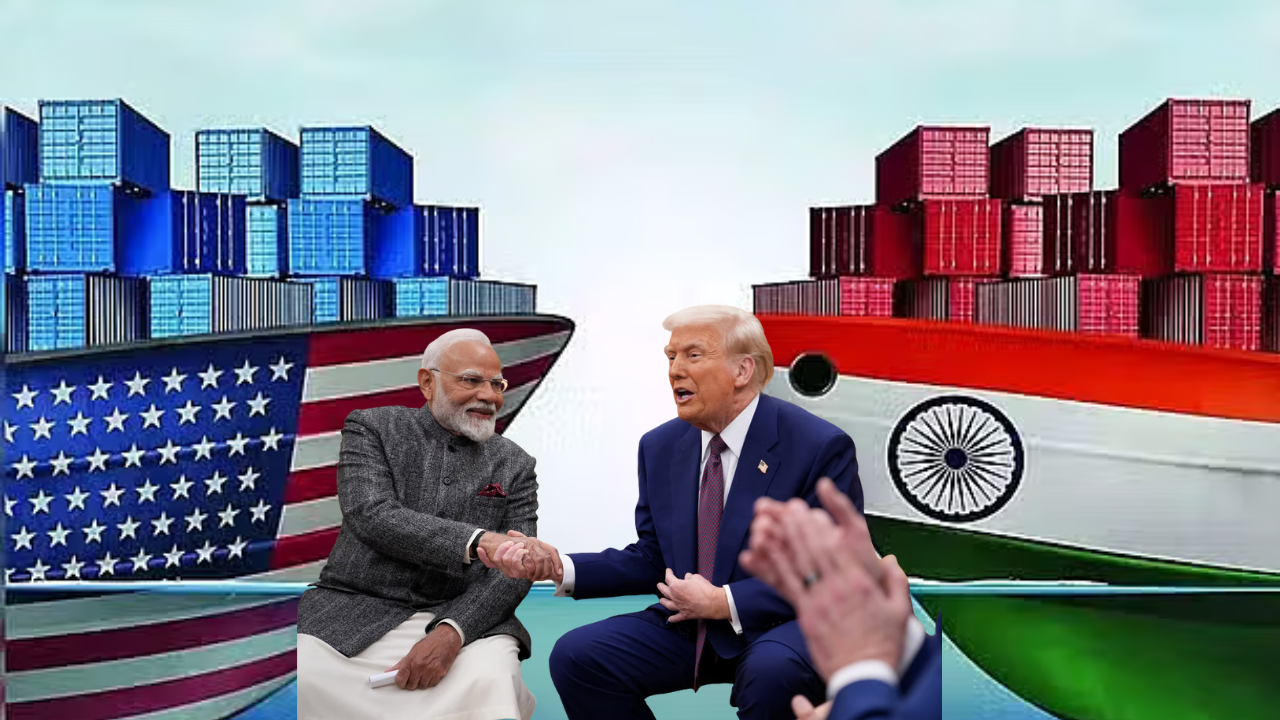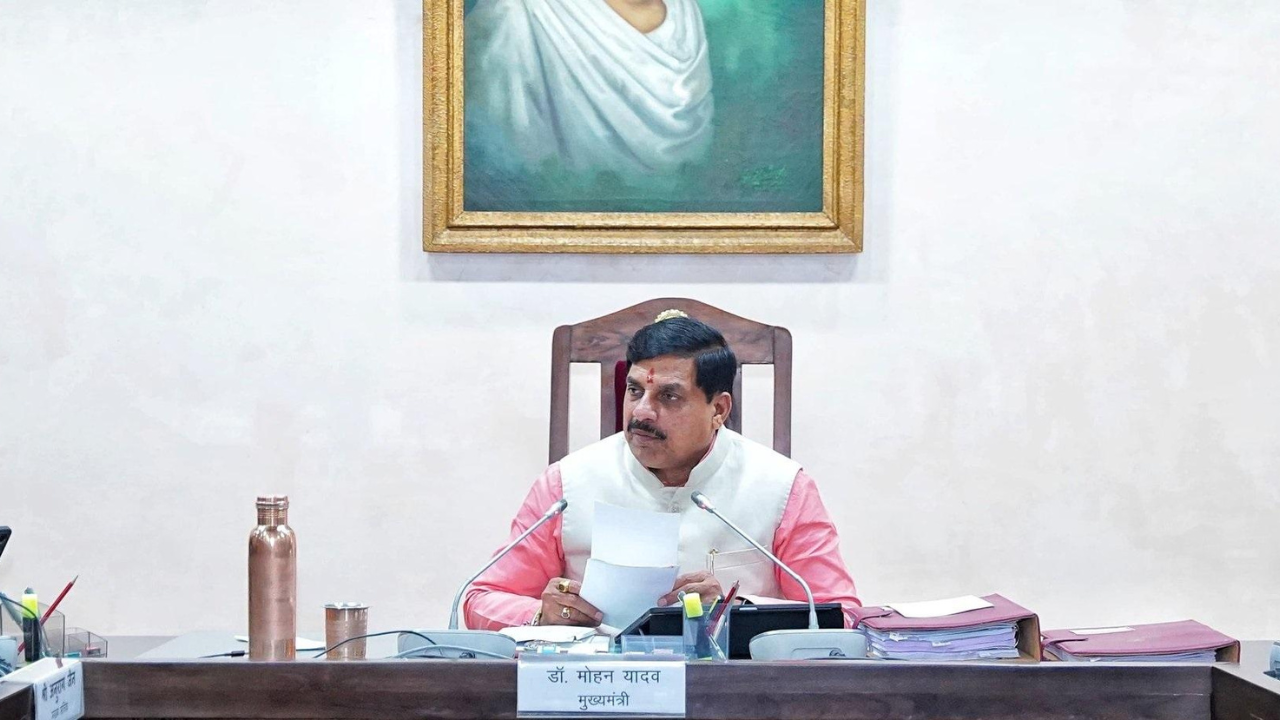Volume one of the report, submitted to the G20 ministers in July in Gandhinagar, had recommended tripling the periodic lending situations of MDBs to$ 390 billion by 2030 To meet the ideal of having bigger, better and bolder multinational development banks( MDBs), the G20 independent expert group on the subject has laid out a vision where, by 2030, MDBs channel support through multi-year country platforms, process operations in half the time, work together as a system on indigenous and global approaches to global public goods( GPGs), triadic lending volumes, quintuple private finance mobilisation, expand its use of guarantees, insure simplified backing mechanisms, and give automatic liquidity through debt and loan contracts in case of a disaster.
The independent expert group, which was led by former US storeroom clerk Lawrence Summers and expert Indian policymaker and president of the 15th Finance Commission NK Singh, submitted volume two of its report, named The Triple Agenda A Roadmap for Better, Bolder and Bigger MDBs, to the ongoing fourth G20 finance ministers and central bank governors meeting in Marrakech during the periodic meetings of World Bank and International Monetary Fund.
Volume one of the report, submitted to the G20 ministers in July in Gandhinagar, had recommended tripling the periodic lending situations of MDBs to$ 390 billion by 2030; espousing a triadic accreditation for MDBs of barring extreme poverty, boosting combined substance and contributing to global public goods; and expanding and modernising backing models.
The final report has concentrated on three broad sets of recommendations — converting MDBs operating models to support transformational investments, placing the engagement with the private sector at the center, and spanning up backing at an affordable cost.
The New Delhi G20 Leaders ’ protestation, in September, had a detailed section on reforming multinational institutions in general, but MDBs in particular, that recognised and appreciated the work of the expert group and committed to examining both volumes in confluence. The environment Laying out the environment, the group said that the world was on fire, literally and figuratively, and a world on fire needed MDBs to accelerate new investments in arising requests and developing husbandry( EMDEs). This had to come through a reorientation of being spending and incremental spending financed by domestic($ 2 trillion) and external($ 1 trillion) coffers. “ A tripling of MDB backing support to$ 390 billion by 2030, plus their part in marshaling and catalysing private investment, is essential to meeting these backing needs, ” the report said.
Source www.hindustantimes.com
With the G20 Leaders ’ protestation calling for full and effective perpetration of the 2030 docket on sustainable development( the world has fallen behind in meeting SDGs), acceleration of sweats and improvement of coffers to meet Paris Agreement pretensions, and reforms for better, bigger and further effective MDBs, the expert group concentrated on how to realise these commitments in G20.
“ The challenge we address in this report is how to move from individual sustainable systems to methodical programs of transformative change by 2030, matched with the right type and scale of backing, ” the report declared, adding it can not be with a business- as-usual approach.
Better MDBs
The G20 expert group has said MDBs must rediscover where they add value, come more customer- responsive, move briskly, come cheaper, join hands with each other, and serve both middle- income and low- income countries with a different set of instruments.
Bigger MDBs
Reiterating its call for a tripling of the lending capacity of MDBs by 2030, the group laid out a variety of instruments to achieve this end. For one, the report said that while measures formerly being bandied could unleash$ 200 billion of lending capacity over the coming decade or$ 20 billion annually, the group felt that farther balance distance optimisation could take this figure up to$ 40 billion by 2030.
Bolder MDBs
Suggesting that threat was a major reason for limited private investments in EDMEs, the expert group has said that MDBs can play a part in partnering governments to alleviate and allocate this threat in global capital requests, particularly autonomous credit threat and policy/ nonsupervisory threat.
The report adds that MDB participation in itself reduces threat for private mates by icing norms, perfecting government policy and nonsupervisory opinions and planning systems more. It also suggests the strengthening of GIF to service all MDBs and customer countries; making the global arising requests( GEM) database, a credit performance database, more transparent; offering autonomous and design guarantees; empowering the multinational investment guarantee agency( MIGA); easing methodical and comprehensive support for original currency threat operation; and having disaster and epidemic contingency clauses in debt contracts as other measures to manage threat and made MDBs bolder.
For more information visit at https://happenrecently.com/zepto/?amp=1















